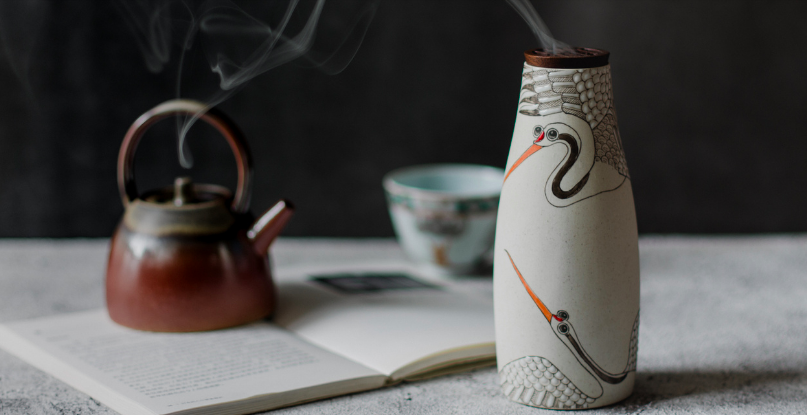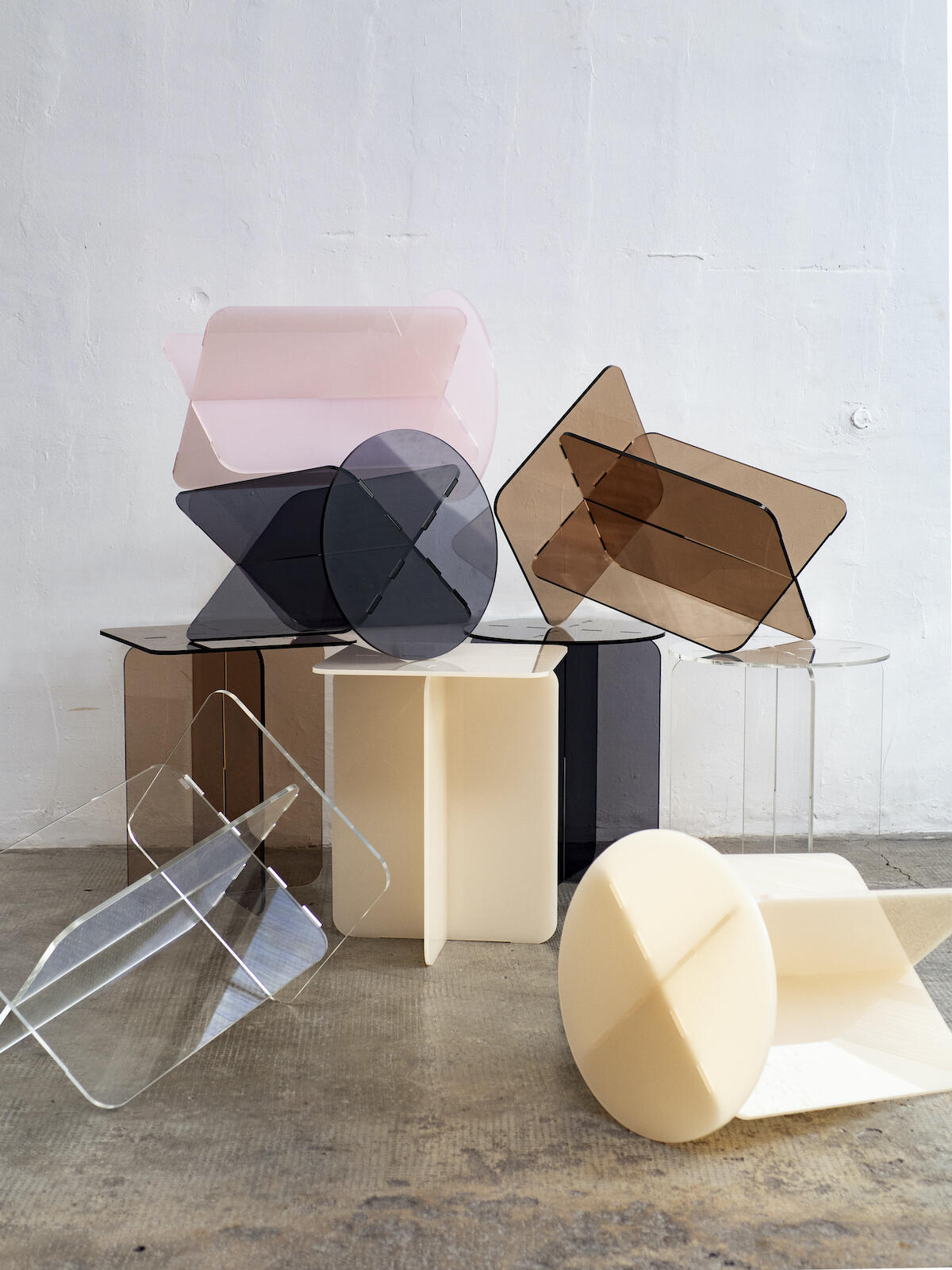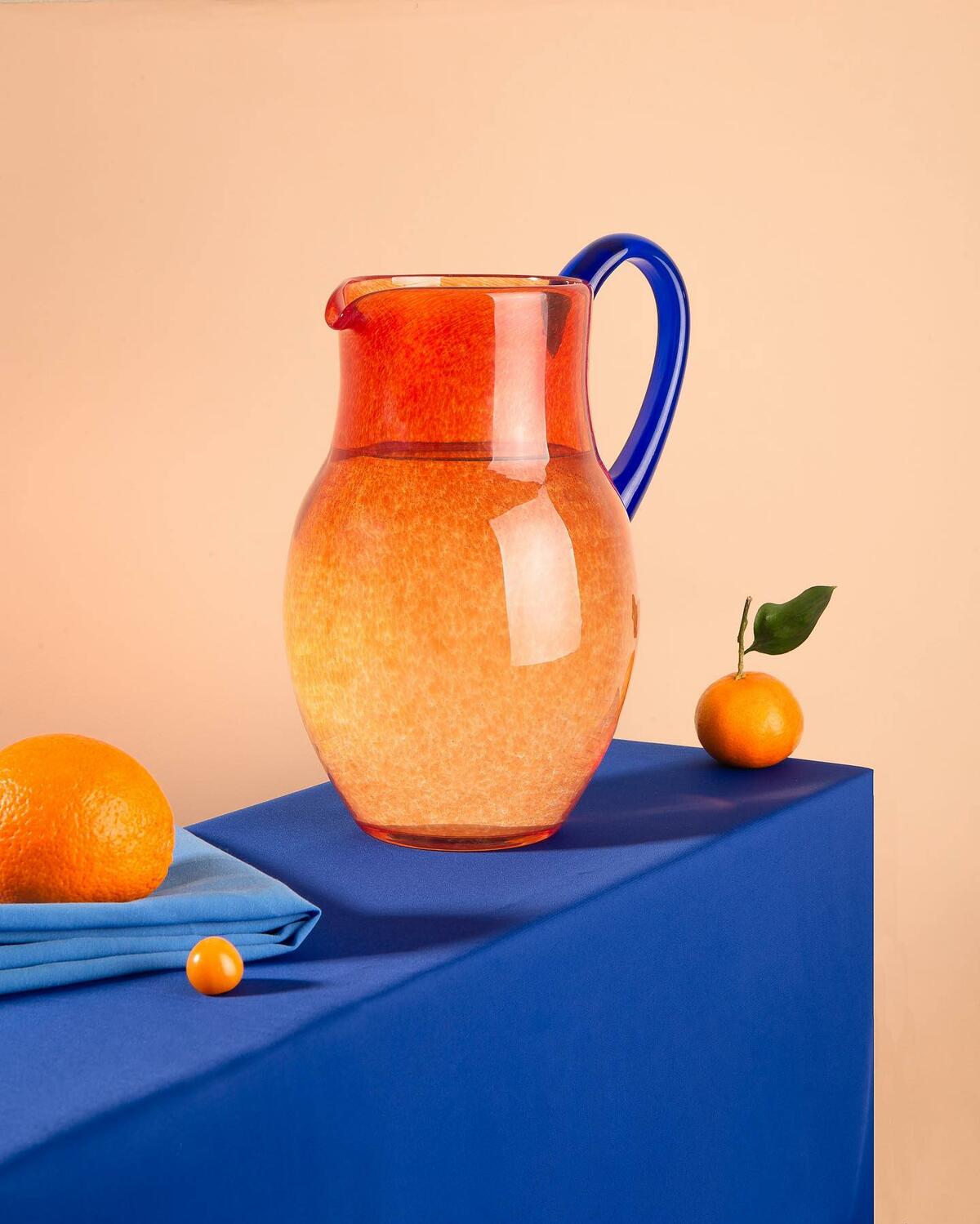The marketplace for globally sourced decor in the U.S. is about to get bigger
When appointing the houses of substantial-stop clients, the common American designer is bound to make the most of an array of global goods—French antiques, Italian glassware, artisan British wallcoverings. Broken down geographically, nevertheless, a single matter swiftly gets to be apparent about globally sourced decor: Key swaths of the map are typically solely lacking.
That is not just genuine of interior design and style in the U.S. Even though operating as a designer in Singapore, Amy Extended understood she was mostly specifying from American and European models. When colleagues from Hong Kong and Japan confirmed her the breathtaking do the job produced by their regional artisans and solution designers, it strengthened that Asia had no scarcity of gifted designers—rather, their do the job wasn’t creating it out of their community circles.
“We’re sitting down in the center of so much expertise,” says Extensive. “But as a designer, it’s really hard to get a sense of what that is or how to get it.”
Together with founder and now-CEO Krizia Li, Lengthy aided build Vermillion: a curated e-commerce market for luxury dwelling and life-style merchandise sourced from Asia-based mostly corporations. Officially launched at the finish of 2020, the company’s intention is to achieve a global audience—in performing so, it joins a escalating variety of not too long ago established on the web platforms wanting to provide world wide household items to American designers and householders.
First, Vermillion zeroed in on why Asia-centered distributors weren’t exporting their solutions. The greatest hurdles included navigating the important terms and disorders for international trade—responsibilities the platform normally takes on—along with bridging the language gap amongst potential buyers and sellers, a issue that the platform dealt with by inserting workforce in 6 various spots across the continent so the site’s makers are constantly represented by anyone who speaks the nearby language and understands regional style practices.

Homeware from China-dependent maker MooseCourtesy of Vermillion
For the platform’s 250 suppliers, Vermillion is mostly a window into a new globe: Long estimates that around 80 per cent weren’t providing goods to buyers outside of their house international locations prior to becoming a member of Vermillion. And by focusing on the style marketplace as a result of a greater part of trade-only offerings, the platform offers design and style communities outside the house Asia the opportunity to resource products or specify vendors that function with regular procedures seldom replicated somewhere else. “If you choose even a little something very simple like lacquer, and you assume about how it’s interpreted in Japan as opposed to Vietnam or India—it alterations in so lots of approaches,” states Lengthy. “There’s so a great deal to celebrate, and you miss out on a great deal of that if you only aim on one current market to provide.”
On the other side of the globe, Agustin Arellano and Gonzalo Llosa have set out on a comparable mission, driven by the wish to introduce South American heritage crafts to designers in the U.S. The pair satisfied last 12 months even though taking part in polo at tournaments in Palm Beach—Arellano was a Polo World Cup finalist in 2022, when he competed as the event’s initial brazenly homosexual participant, when Llosa played recreationally though doing the job as an architect and occasional home furniture designer. They parlayed their shared like of style and design and Latin American heritage—though born in California, Arellano is the son of Cuban émigrés, even though Llosa moved from Argentina to Miami just a handful of several years ago—into Challenge Pampa, a Latin American furniture, ornamental arts and rug import system that debuted to the trade in Oct and opens up to common shoppers this week. By the enterprise, the pair strategy to roll out seasonal capsule collections every sourced from a new batch of vendors, who will be selected primarily based on three conditions: their attachment to their local group, a concentrate on sustainability and a up to date method to their craft.

The Roma desk by Argentinian designer RiesCourtesy of Venture Pampa
“The U.S. marketplace has a whole lot of European furniture, but at the exact same time, it’s humorous for the reason that the U.S. has a lot—if not more—influence from Latin The united states, nevertheless the current market doesn’t clearly show it,” suggests Llosa. “[Project Pampa] is a terrific chance to clearly show that Latin American design and style can be contemporary and avant-garde and have its individual aesthetic.”
The platform’s debut collection facilities on vendors based mostly in Argentina and aims to showcase designers with practical experience in distinct mediums, such as woodworking, ceramics, pottery and rugs, amongst other folks. The goal was to choose artisans with a specialty in regional craft traditions, as viewed in items like hand-carved decorative brushes manufactured with horsehair (a nod to Argentina’s prolonged-standing equestrian custom), courtesy of woodworking studio Sur Del Cruz. “This knowledge is not penned you can’t locate it online—it’s been passed down generationally,” says Arellano. “It’s sort of unheard of to come across anything like that in the United States. That’s what is truly enjoyable about the challenge.”
Preserving and sharing traditional techniques was also central for Ukraine-primarily based dwelling platform Oplich, which debuted past spring. Given that the 15th century, craftspeople in Ukraine have developed tableware and ornamental objects from Huta glass, a product solid through a glassblowing technique invented in the region and run by huge industrial furnaces. Currently, the country’s following technology of makers are constructing their possess extension of that craft legacy—artisans like Masha Yakush, who launched her eponymous glass tableware brand in 2017 and incorporates recycled glass for a additional sustainable over-all approach.

An antique water pitcher from YakushCourtesy of Yakush
Last calendar year, even so, that progress floor to a halt. At the start off of the Russian invasion, recurrent disruptions to the vitality source prompted the country’s glass business to transform off furnaces and pause operations in important production facilities. “This was a extremely big shock for us due to the fact in the glass marketplace, the furnace under no circumstances goes out,” suggests Yakush. “I was concerned not only for my enterprise, but for the glass field in Ukraine.” She sought aid from Iryna Tytarchuk, government director at the Ukraine Expense & Trade Facilitation Heart, and with each other the pair recognized that the worries confronted by craftspeople in Ukraine expected a two-pronged method: a company useful resource center to assistance makers preserve operations all through the war, and an on the web platform to faucet into international markets of consumers. To fulfill each demands, the pair established Oplich, which derives its title from the Ukrainian phrase meaning “shoulder to shoulder” or “side by facet.”
For the women-targeted organization, the platform’s accomplishment does an added provider of supporting the small business owners who have become their household’s primary breadwinner for the very first time now that a lot of adult males have enlisted in the war. Oplich’s focus has been on in search of out style markets exterior of Ukraine—offering an array of goods ranging from ceramics and hand-designed carpets to linens and picket decor, equally on the e-commerce system and as a result of partnerships with worldwide trade gatherings like Ambiente in Frankfurt. The team is also investing in sources to guidance the country’s smaller companies not only in navigating speedy crises, but also in creating the infrastructure required for extensive-time period results as a result of a selection of services—including enable with revenue and exporting, mentorship, economic and products help, advertising and marketing companies, and connections to grants from intercontinental donors.
“It’s not about cash, and it is not about some equipment—it’s about psychological support,” states Tytarchuk. “It’s about sharing complications and making an attempt to find a option. We want to depict our imaginative sector and our traditional industry—like Yakush—for all of the globe.”
Homepage image: The Aro chair by Argentinian designer Ries | Courtesy of Venture Pampa
